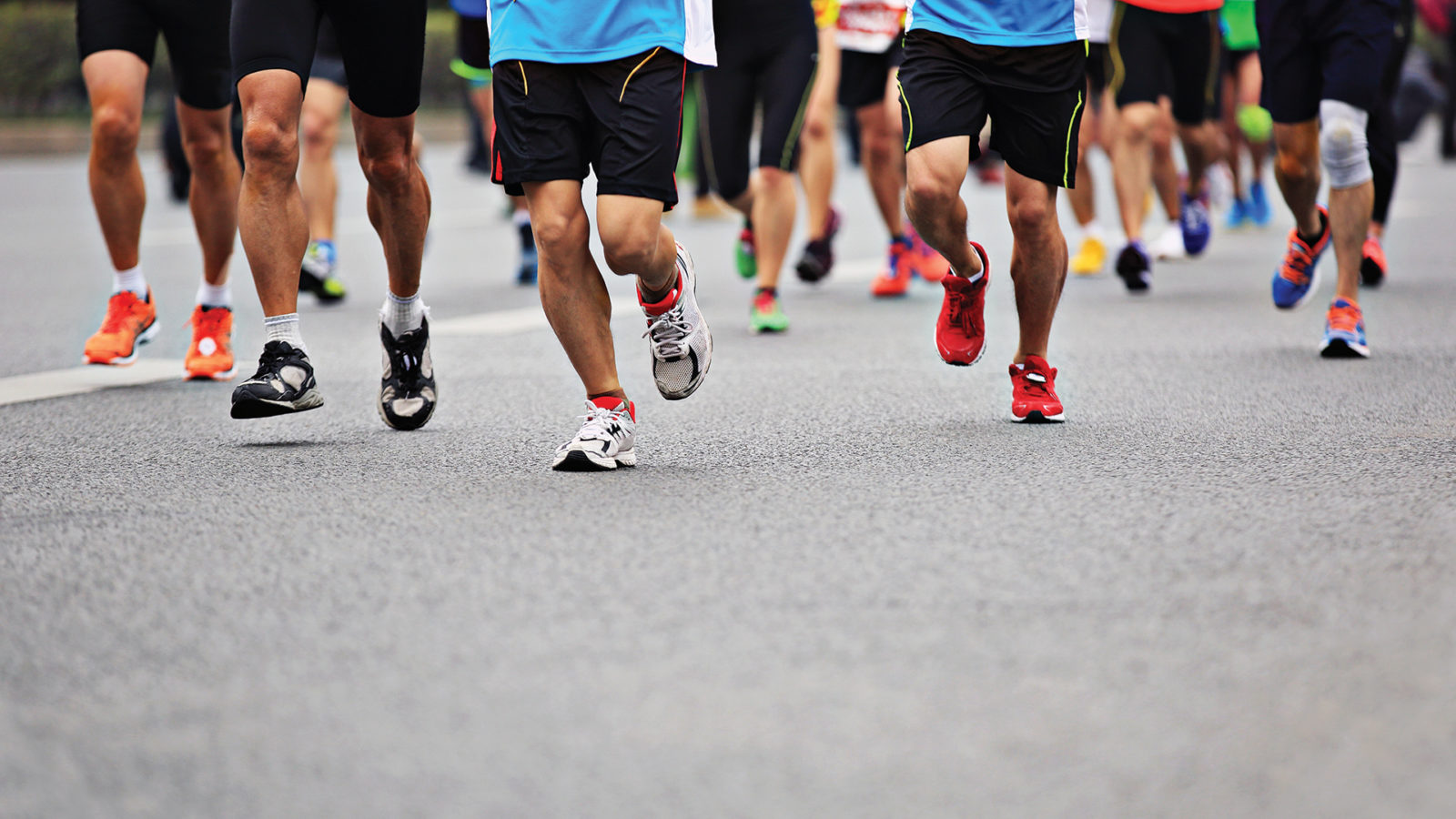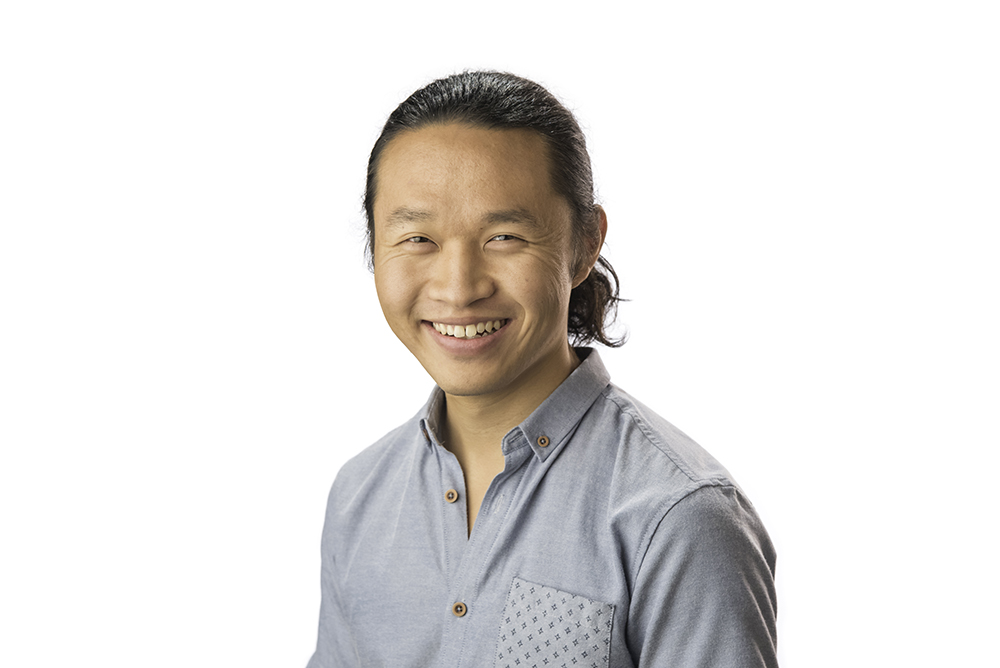I ran my first half marathon three years ago. The time? 1:42:07 (that’s one hour, 42 minutes and seven seconds). For the elite or ultra-runner, that time may be nothing to write home about. But for someone who spent his entire life playing sports like basketball and table tennis, running 21 kilometres was an achievement in and of itself.
I ran my first full marathon three weeks later. The time? 3:55:03. This one pretty much broke me. After the race I wasn’t even excited; I was simply a pale green mess with tears in my eyes. Never again, I thought as I sat on the kerb trying not to pass out. Never again . . .
A year later I improved on both of my times, shaving off—weirdly enough—exactly two minutes and 12 seconds at each event (so much for “never again”).
Sometimes I get asked what my favourite running event is. My answer is always the same: 100 metres. (Actually, here and now, due to injuries and too many hours sitting, it’s probably more like 50 metres.)
Ever since I was a boy I’ve wanted to run as fast as possible. Even now, I can hear my teacher’s voice in my head explaining to me the golden rule of sprinting: “Keep your eyes on the finish line.”
“Ignore those around you,” she added. “Just run your race.”
An “eyes on the prize” mentality is not simply a clever mantra; it’s a scientifically-proven way of optimising performance. One research paper described how “focusing visual attention on a goal-relevant target helps make the goal appear more within reach and engaged action”.1
In 2016, Jamaica’s Usain Bolt kept his “eyes on the prize” to secure his third consecutive 100 metre Olympic gold medal. The “fastest man on earth” achieved the same result in the 200 metre event, thus cementing his place as one of the greatest athletes of all time.
It was a couple of other track athletes at the Rio Olympics, though, who were lauded the world over for embodying the “Olympic spirit”.
In the final laps of the 5000 metre heat, New Zealand runner Nikki Hamblin tripped and fell, collecting the United States’ Abbey D’Agostino in the process. Instead of getting to her feet and continuing her race, D’Agostino reached down and pulled the stunned New Zealander off the ground. As the pair tried to get going, the US runner faltered and fell once more, her right knee badly injured from the initial accident.2 Hamblin, however, refused to leave D’Agostino’s side, stopping and reaching out both arms to help her pain-stricken opponent.3
“When I went down it was like, ‘What’s happening? Why am I on the ground?’” Hamblin would later recall. “And suddenly there’s this hand on my shoulder, like ‘Get up, get up, we have to finish this!’”4 [pullquote]
The Bible likens a life of faith to a running race. “Do you not know that in a race all the runners run, but only one gets the prize?” wrote the apostle Paul. “Run in such a way as to get the prize” (1 Corinthians 9:24, NIV).
This challenge, though, should not be misinterpreted. Paul’s message was a call to self-discipline—to prepare and run with purpose (see verses 25 and 26). It was not an invitation to “just run your race”.
There is a very real danger in using “fixing our eyes on Jesus”5 as an excuse to ignore our fellow runners, many of whom may be hurting or in desperate need of help. Who they are and/or how they run should never stop us from lending a hand. After all, in this “race”—along this journey of faith—we are all compatriots, not competitors. Your salvation and mine matters to Christ just as much as anyone else’s. There is no first place, no gold medal and no best time. There is indeed just one prize, but there’s enough of Him to go around.
During my first marathon, I well and truly “hit the wall” at around the 37-kilometre mark. I was dizzy and exhausted, and had to catch myself from throwing up. Fortunately, I wasn’t running alone that day; I had my girlfriend and another friend with me every step of the way. I don’t know if I would’ve made it through the final part of that race had they not been there to encourage and push me (at times literally).
If what the Bible says is true, this “race” we are running will soon come to an end. So how will we approach the final stretch? Will we, like Bolt, ignore all else and sprint to the finish line, beating our own chest and soaking in the glory? Or will we, like D’Agostino and Hamblin, stop and extend a hand to a fallen comrade, so they too can complete the journey?
“Get up, get up . . . we have to finish this!”
“Stoop down and reach out to those who are oppressed. Share their burdens, and so complete Christ’s law. If you think you are too good for that, you are badly deceived” (Galatians 6:2,3, The Message).






